“Titanium is lighter, stronger, and highly corrosion-resistant but more expensive and difficult to machine. On the other hand, stainless steel is heavier, less costly, and easier to machine but less durable.”
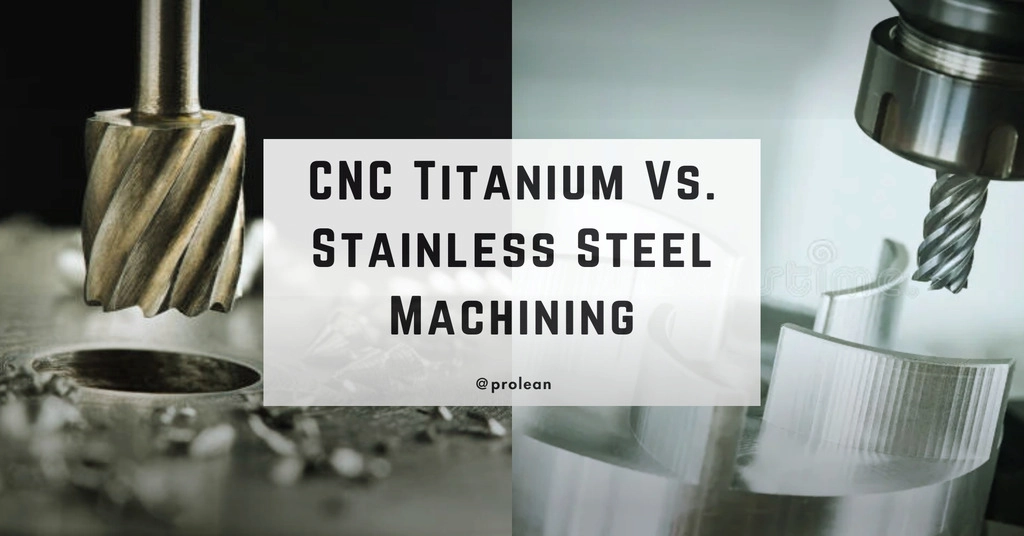
Machining titanium and stainless steel are different in terms of their characteristics and challenges. Titanium is a lightweight, corrosion-resistant material that is stronger than stainless steel, but it is a terrible material for machines. It has high hardness, and this makes it very costly to manufacture since it needs quality cutting tools, complicated processing techniques, and machinery. Stainless steel, on the other hand, is an alloy of various elements characterized by sound mechanical properties and ease of fabrication; hence, it is used in construction, utensils, and kitchenware, among others. Secondly, titanium and stainless steel are different in color and chemical makeup, which in turn influence their treatment and application. Therefore, the choice between titanium or stainless steel is based on the application and processing parameters. This article explores specific queries roaming across the web, such as whether titanium is harder than stainless steel or titanium is stronger than steel, by identifying their tensile and yield strengths, properties, and commonalities.
Common Stainless Steel Grades Used in Machining
As for the machining of stainless steel, some grades are more popular than others due to their properties, such as machinability, corrosion resistance, and strength. Below are some of the most popular types of stainless steel that are used in machining:
- Austenitic Stainless Steel
- Grade 303: It has good machinability because of the presence of sulfur, which increases chip breaking.
- Grade 304: This is general-purpose stainless steel that provides moderate resistance to corrosion, reasonable strength, and is relatively easy to machine.
- Grade 316: Similar to 304, but with the addition of molybdenum to enhance the material’s ability to resist corrosion, it is utilized in marine and medical applications.
- Martensitic Stainless Steels
- Grade 410: It contains high carbon to increase strength and hardness, making it suitable for applications where wear is the main issue.
- Grade 416: Similar to 410 but with sulfur added for improved flexibility, usually for parts that are expected to be shaped to close limits.
- Ferritic Stainless Steel
- Grade 430: It provides Good corrosion resistance and can be easily shaped; it is used in the automotive and home appliance industries.
- Grade 434: It has molybdenum for enhanced corrosion, especially in chloride solutions.
- Precipitation Hardening Stainless Steel
- Grade 17-4 PH (630): Has good strength and corrosion characteristics and is applied in aerospace, chemical, and petrochemical industries.
- Grade 15-5 PH: Comparable to 17-4 PH but with more excellent toughness for applications requiring very high dependability.
- Duplex Stainless Steel
- Grade 2205: A combination of the austenitic and ferritic classes, it has high strength and good corrosion characteristics and is utilized in chemical and marine industries.
Try Prolean Now!
Common Titanium Grades For CNC Machining
The most frequently used grades of titanium for machining are as follows;
Commercially Pure (CP) Titanium
It accommodates the following grades
- Grade 1: High flexibility and corrosion resistance; therefore, it finds applications in chemical processing and marine industries.
- Grade 2: It has high tensile strength, is malleable, and can be readily welded; it is used in industries and the production of medical instruments.
- Grade 3: Provides better strength than Grades 1 and 2 and is used in aerospace and industrial applications where strength is necessary.
- Grade 4: The last of the CP grades is stronger and more corrosion-resistant than the other grades and is used in aerospace, medical, and other industries.
Alpha-Beta Titanium Alloys
- Grade 5 (Ti-6Al-4V): The most widely known titanium alloy with high strength, low density, and high corrosion resistance is used in aviation, medical, and shipbuilding industries.
- Grade 6 (Ti-5Al-2. 5Sn): It has excellent weldability and high strength at high temperatures; it is used in aerospace industries where high temperature is a factor.
- Grade 7: Similar to Grade 2, however, palladium is added to enhance the corrosion resistance, particularly in reducing and oxidizing environments.
- Grade 12 (Ti-0. 3Mo-0.8Ni): It improves its tensile and corrosion properties, particularly in chemical and marine applications, making it suitable for industrial use.
Beta Titanium Alloys
The beta titanium alloys are as follows.
- Grade 19 (Ti-3Al-8V-6Cr-4Zr-4Mo): It is widely used for its high strength and toughness, as well as for aerospace and industrial parts with high mechanical properties.
- Grade 23 (Ti-6Al-4V ELI): A change of Grade 5 with a reduced amount of oxygen intensifies the material’s ability to stretch or elongate before it fractures and its fracture toughness for use in the medical industry, such as in implants and devices.
Comparison of the Advantages: Titanium Vs Stainless Steel
Each material has advantages in CNC machining, and both are indispensable in many industries and applications.
Titanium
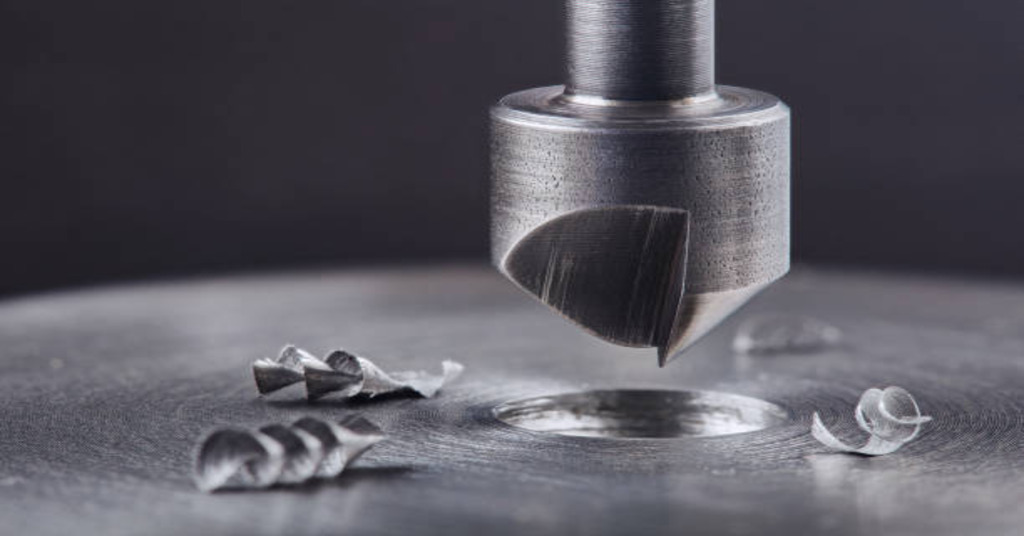
Titanium machining
Titanium is a lightweight strength material that performs very well in CNC machining. It has low density; thus, the manufactured parts are light, which is suitable for aerospace, aviation, and automotive industries as it reduces energy consumption. Due to the corrosion resistance of titanium, it is ideal for chemical and marine engineering because it will not rust in any way. Anodize titanium further improves its durability and suitability for demanding tasks. Moreover, titanium is biocompatible, which makes it suitable for use in the production of medical equipment. Even though it is extreme and brutal, titanium can be machined with high accuracy and a fine surface finish on the finished products. If you want to learn about titanium polishing, here’s our guide:( how to polish titanium )
Stainless Steel
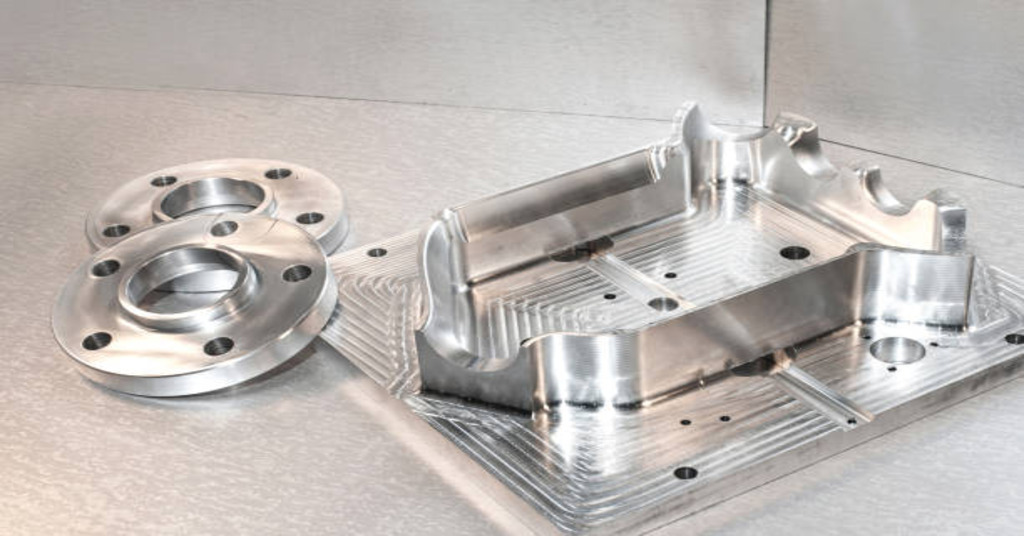
Precision steel machined components
Amongst all the materials used in CNC machining, stainless steel possesses some mechanical characteristics that are suitable for the process; these are strength, hardness, and durability. These attributes make it ideal for components that need to be able to bear high loads and wear. This gives it long-term stability in various environmental conditions, hence its application in the construction, household, and chemical industries. Also, it has good ductility and weldability, which enable CNC machining to make various forms and frameworks of stainless steel. Stainless steel is also characterized by the fact that it is cheaper and very economical in functional applications.
In general, there are advantages to using titanium and stainless steel in CNC machining. Titanium’s properties of being lightweight, strong, and able to withstand corrosion make it ideal for use in high-tech industries. In contrast, stainless steel’s strength, ability to resist corrosion, and cost make it ideal for use in many industries. These advantages make titanium and stainless steel indispensable in CNC machining and play a significant role in the development of the modern manufacturing industry.
Comparison of Applications: Titanium vs. Stainless Steel
Both titanium and stainless steel can be applied to CNC machining. CNC machining is one of the most widely used technologies in the modern manufacturing industry, and it can efficiently and accurately process various metal materials.
Titanium Applications
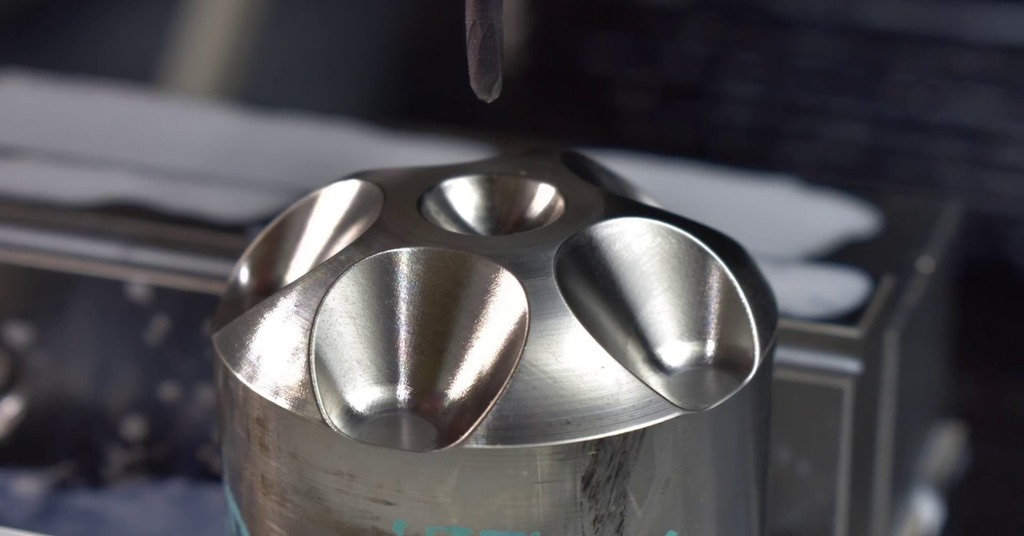
Titanium component for aerospace engineering
Titanium is also an example of a lightweight, high-strength material that is applied in aerospace, aviation, and medical industries. When working with titanium in CNC machining, it has properties that make it difficult to process, but at the same time, it has numerous benefits. For instance, in the aerospace industry, low titanium density helps to reduce the aircraft’s weight and enhance flight performance. At the same time, high corrosion resistance ensures stable operation in extreme conditions. CNC machining technology offers a way of exercising control of the material titanium when undertaking aerospace components with high-precision parts.
Stainless Steel Applications
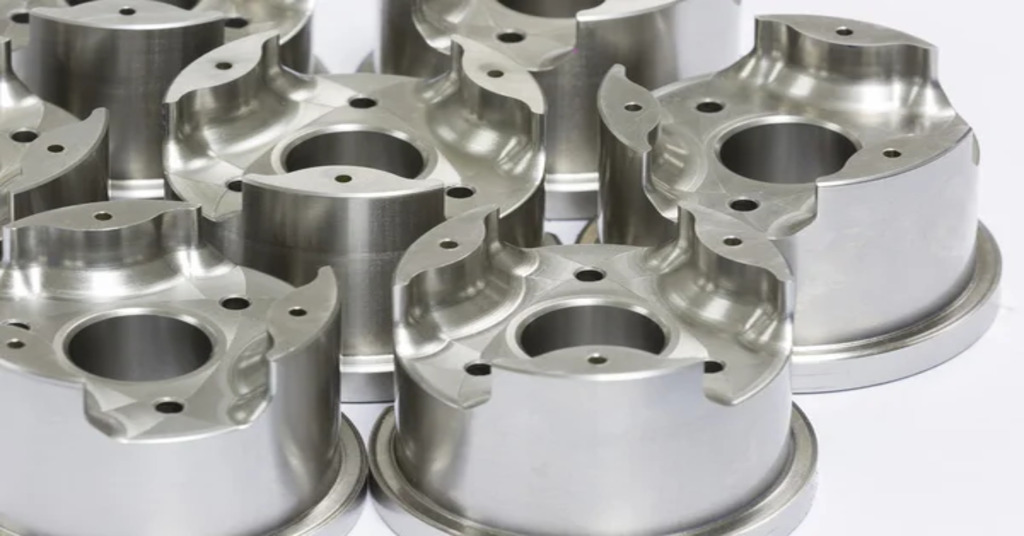
Stainless steel CNC machined parts
Stainless steel is an all-around material that has high corrosion resistance, mechanical properties, and good aesthetics. It is used in many industries. In construction, CNC-machined stainless steel parts are applied in doors and windows as well as railings to ensure the safety and solidity of structures. In the home industry, utensils and bathroom wares are made from stainless steel because they are beautiful and do not rust. Stainless steel is also used in automotive, chemical, and other related industries.
CNC machining technology is used to apply specific titanium and stainless steel parts. Cutting titanium and stainless steel is done through precise computer numerical control programming and using quality and efficient cutting tools to meet the manufacturing requirements of various complex parts. CNC machining also enhances the rate of processing and the cost of manufacturing and holds more value for businesses.
Hence, titanium and stainless steel are crucial in CNC machining because the use of these materials is common in the production of various products in the manufacturing sector to improve the usability and aesthetics of items in everyday use.
Try Prolean Now!
Comparison of CNC Machining: Titanium or Stainless Steel
The significant areas of concern when it comes to the comparison of the two materials, titanium, and stainless steel, in CNC machining are the cutting parameters, tools, cycle time, and post-processing.
Cutting Parameters
Titanium is strict and has a high melting point; therefore, cutting speeds must be slow and feed rates low to achieve good machinability. On the other hand, stainless steel is relatively easier to machine, has a broader range of cutting parameters, and is relatively easier to process.
Tool Selection
In turning, milling, drilling, and other operations on titanium, the cutting tools should be very hard-wearing, heat resistant, and challenging, such as carbide or ceramic tools. On the other hand, the machining of stainless steel can be done with other tools that are readily available in the market, such as high-speed steel or standard carbide.
Processing Cycles
Titanium is a rigid material with which to work. Especially when it comes to cutting, a lot of heat is generated, and as a result, it takes longer to work on the material to the desired quality and standard. Stainless steel, on the other hand, can be processed in a shorter time and is more efficient.
Post Processing

Anodized titanium
The post-processing treatments are as follows, depending on the performance criteria of the titanium and stainless steel. Titanium parts may be anodized or coated to enhance corrosion resistance and color. In contrast, the stainless steel parts may be polished or passivated to enhance the smoothness and resistance to corrosion.
Titanium and Stainless Steel: Making a Decision of Selection?
The choice between titanium and stainless steel in CNC machining is a decision that will be made depending on several factors that will enable the production of the best quality product at the lowest cost possible.
Material Performance Characteristics
Titanium is preferred for its lightweight, high strength, and excellent corrosion resistance, which is why it is used in aerospace and biomedical applications. Stainless steel is an all-round material with desirable characteristics such as mechanical properties, appearance, and resistance to corrosion; it is used in construction, kitchen utensils, and cookware.
Processing Difficulty and Costs
Machining of titanium is slightly difficult and costly compared to other metals due to the kind of tools and techniques used. Stainless steel is more accessible to machines and, hence, has more economical working methods. Hence, the type of material to be used should satisfy the processing requirements and, at the same time, be economical.
Application Scenarios
The intended application of the material is the most critical factor that defines the choice of material. Stainless steel is used where pressure or temperature is an issue, while titanium is used where low density and high corrosion resistance are required.
Supplier reliability and technical support
The supplier of the machining service must be reliable, and technical support should always be available. Selecting suitable suppliers with quality materials and service providers will ensure the proper flow of the cnc machining and quality products.
Thus, comparing these factors, one can make the right decision on the use of titanium or stainless steel for a specific CNC machining with the best outcome in terms of time and quality.
Machining Process for Titanium
Titanium is typically a problematic material machine because of its characteristics. It is also very heat resistant and reactive, which harms both the tools and the workpiece when used. That is why the machining of titanium requires that all the parameters of the process be optimized.
Cutting Tool Selection
Selecting an appropriate cutting tool is very important when dealing with titanium. The heat produced during the machining process is high, which puts a lot of stress on the tool with respect to the temperature and hardness of titanium. For this purpose, it is advised to use coated high-speed steel tools. These tools are created from tungsten, carbon, and vanadium and can retain their hardness up to 600℃. They enable one to make deeper cuts and avoid chipping edges by minimizing the impact on the workpiece.
Tool Coating
Coatings to the tools can go a long way in easing the cutting process since the tool can be made to endure the high temperatures that are characteristic of titanium. For instance, a coating such as titanium aluminum nitride (TiAlN) improves the performance of carbide tools. TiAlN coatings create a layer of aluminum oxide as the surface is heated, which minimizes heat transfer and chemical diffusion between the tool and the workpiece. This assists in focusing the heat on the chips instead of the tool or the workpiece, thus increasing efficiency and tool durability.
Ensuring a Stable Surface
The flexibility of the material and the forces applied in cutting make titanium chatter and hence require a stable cutting surface. There are better strategies than plainly lowering power since it can negatively impact the machine and the project. On the other hand, increasing speeds may lead to fire risks because of heat, which also leads to strain hardening, which makes it even more difficult to cut because the cutting edges are even harder. To improve stability, it is recommended that a larger diameter of the core end mill be employed and that the amount of tool overhang from the spindle nose be reduced. Consistent feeds and speeds are also important so the tool is constantly moving and does not heat up or chatter.
Climb Milling Technique
Chips control during titanium machining is one of the advantages of climb milling. In contrast to normal milling, where the chips are thick at the root and taper as they are cut off, climb milling chips are thick at the outer edge and taper off. This method is helpful in transferring more heat to the chips than the workpiece, thus minimizing strain hardening and tool wear. Further, climb milling provides a cleaner shear and takes the chips behind the cutter, therefore not hindering the cutting process.
Turning titanium is not easy because of its difficult characteristics; therefore, it needs proper planning and control. Thus, choosing the proper cutting tools and coatings, providing a stable machining surface, and using proper methods such as climb milling can improve the quality of the final product and reduce the amount of tool wear and heat-related problems.
Machining Titanium vs Steel: Comparison of Applications
Now, let’s look at the specific application of cnc machining for titanium and steel in different sectors of the economy.
Steel CNC Machining Applications
Steel is one of the most consumed materials in the market today, particularly in the automobile industry. Automobile construction cannot be done without the use of steel parts such as springs, fuel tanks, chassis parts, wiper blades, bumpers, tailpipes, collectors, floors, mufflers, seat belts, windshields, and fasteners that are made through CNC machines. In these applications, steel is ideal since it is strong, will not easily break to avoid accidents, and will last long.
In architecture, steel is used in structural parts like tubes, plates, reinforcing bars, and interior decorations. Due to its strength and flexibility, it is applied in construction to create strong and attractive structures.
The food processing industry also appreciates the use of steel CNC machining. It is used in the production of utensils, commercial equipment, brewing equipment, meat processing equipment, and food drying systems since steel is non-corrosive and can be easily cleaned.
In the medical industry, steel is applied in the construction of laboratory equipment, surgical tools, and diagnostic equipment. This makes it safe to be used in the medical field since it can easily be compatible with the body and it is vital.
The use of steel also includes defense industries, where it is used in the production of handguns, pistols, and structural parts of military vehicles, which shows that steel is an essential element in safety and security.
Titanium CNC Machining Applications
Titanium is well known for its high strength-to-weight ratio and, therefore, is used a lot in the aerospace industry. Titanium parts such as blades of an engine, landing gears, shafts, interior structure, compressor wheels, connecting rods, and engine compartments are used in the construction of aircraft through CNC-machined titanium parts. The strength-to-weight ratio of titanium enhances fuel efficiency and reliability in the aerospace sector.
In the medical industry, it is used in bone growth stimulators, spinal fusion devices, bone plates, orthodontic appliances, and prosthetics because of its biocompatibility. This characteristic makes it possible to have good medical implants and devices since they can combine with bone and tissues.
The properties of titanium are also applied in the marine industry in deck fittings, shackles, snap hooks, pressure vessels, and submarine probes. This material has very high resistance to corrosion in salt water and thus is ideal for use in marine applications.
The application of titanium in automobiles includes frames, nuts and bolts, silencers, pipes, engine valves, and springs. Due to its low density, titanium is widely used in the automobile industry as it improves the performance and fuel consumption of automobiles. Besides these industries, applications of titanium are also found in the oil & gas industry, construction & architecture, jewelry, sports equipment & gear, and electric vehicles (EVs).
Therefore, titanium and steel are both valuable in cnc machining but are applied in different sectors due to the variation in their characteristics. Automotive, architecture, food processing, medical, and defense are some of the fields that utilize the strength and versatility of steel. On the other hand, the uses of titanium in aerospace, medical, marine, automotive, and other industries are due to the fact that titanium is light in weight, strong, and has high corrosion resistance. The choice of titanium or steel in CNC machining is therefore made depending on the properties such as weight, strength, biocompatibility, and stability of the environment of the application.
Try Prolean Now!
Titanium vs. Stainless Steel: Strength Comparison
Is stainless steel stronger than titanium? Let’s find out which one is exponentially stringent and vital based on yield strengths;
Titanium:
Specific Strength: Titanium is light and strong; in other words, it has a high strength-to-weight ratio. This makes it ideal for applications where the weight of the component has to be minimized to the extent that is practically possible, such as aerospace and high-performance automotive applications.
Yield Strength:
Titanium alloys like Ti-6Al-4V have high yield strength, the stress level at which a material begins to deform plastically. The yield strength of titanium alloys ranges from about 830 MPa (120 000 psi) to 900 MPa (130 500 psi). The tensile strength of the titanium alloys varies between 900 MPa (130500 psi) and over 1200 MPa (174000 psi).
Stainless Steel:
Specific Strength: Stainless steel is denser than titanium, but it is stronger than the latter. It has a lower strength-to-weight ratio than titanium but is still very strong and is used in many applications.
Yield Strength:
The yield strength of stainless steel varies depending on the grade. For instance, 304 stainless steel has a yield strength of around 215MPa (31,200psi), while 17-4PH stainless steel, a precipitation hardening grade, has a yield strength of up to 1030MPa (150,000psi).
Tensile Strength:
Similar to the yield strength, the tensile strength of the stainless steel is also different. 304 stainless steel has a tensile strength of about 505 MPa (73,200 psi); 17-4 PH can reach 1,240 MPa (180,000 psi).
Partner with the Experts For the Right Material Selection
The titanium cnc service provided by ProleanTech includes a complete service for people who require accurate and high-quality parts for small batches or large volumes. We have employed the best technology to make sure that the technical team produces quality work within the shortest time possible. With the help of our quality control department, we make sure that our results are accurate and consistent.
Furthermore, the aspect of material specification and choice must be balanced since it defines the kind of components that need to be engineered. Our guarantee to our clients is to deliver the best mechanical assemblies that will suit their precision needs. ProleanTech is a perfect example of how engineering and our advanced equipment can make innovation a reality for your projects. Find out the possibility when you choose to work with ProleanTech.

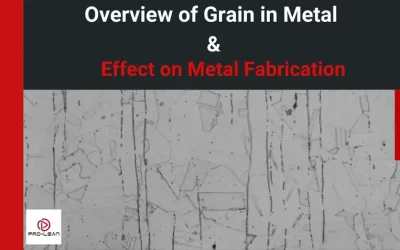
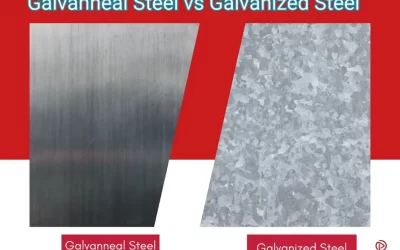
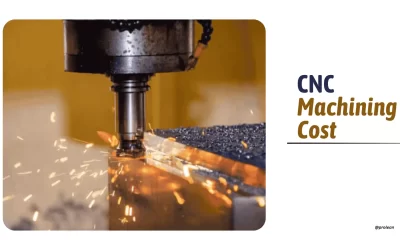
0 Comments